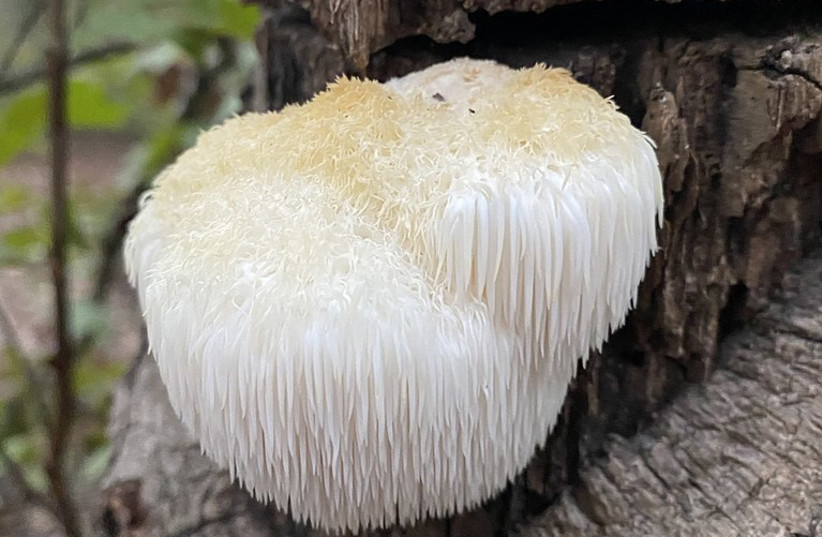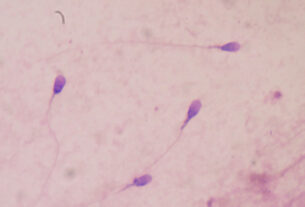Want to improve your memory? Have some mushrooms. Researchers from Australia’s University of Queensland (UQ) have discovered the active compound from an edible mushroom that boosts nerve growth and enhances memory.
Prof. Frederic Meunier from the Queensland Brain Institute said the team had identified new active compounds from the mushroom Hericium erinaceus, which is also known as “lion’s mane mushrooms.”
“Extracts from these mushrooms have been used in traditional medicine in Asian countries for centuries, but we wanted to scientifically determine their potential effect on brain cells.”
Frederic Meunier
“Extracts from these mushrooms have been used in traditional medicine in Asian countries for centuries, but we wanted to scientifically determine their potential effect on brain cells,” Meunier said. “Pre-clinical testing found the lion’s mane mushroom had a significant impact on the growth of brain cells and improving memory.”
The study was published in the Journal of Neurochemistry under the title “Hericerin derivatives activates a pan-neurotrophic pathway in central hippocampal neurons converging to ERK1/2 signaling enhancing spatial memory.”
How do mushrooms help your memory?
Neurotrophins are a family of proteins that promote the development, function and survival of nerve cells.
Since the discovery of the first neurotrophin – NGF – more than 70 years ago, countless studies have proven their ability to promote neurite regeneration (axons or dendrites emanating from the central part of the neuron), prevent or reverse neuronal degeneration and enhance synaptic plasticity. Neurotrophins have attracted the attention of the scientific community that has sought to implement therapeutic strategies for the treatment of a number of neurological disorders, the team wrote, but “unfortunately, their actual therapeutic applications have been limited and the potential use of their beneficial effects remain to be exploited.”
Lab tests measured the neurotrophic effects of compounds isolated from Hericium erinaceus on cultured brain cells, and “surprisingly we found that the active compounds promote neuron projections, extending and connecting to other neurons. Using super-resolution microscopy, we found the mushroom extract and its active components largely increase the size of growth cones, which are particularly important for brain cells to sense their environment and establish new connections with other neurons in the brain.”
The study’s co-author said the discovery had applications that could treat and protect against neurodegenerative cognitive disorders such as Alzheimer’s disease. “Our idea was to identify bioactive compounds from natural sources that could reach the brain and regulate the growth of neurons, resulting in improved memory formation,” he said.
Dr. Dae Hee Lee from CNGBio Co, which supported and collaborated on the research project, said the properties of lion’s mane mushrooms had been used to treat ailments and maintain health in traditional Chinese medicine since antiquity.
“This important research is unraveling the molecular mechanism of lion’s mane mushroom compounds and their effects on brain function, particularly memory,” Lee said.




